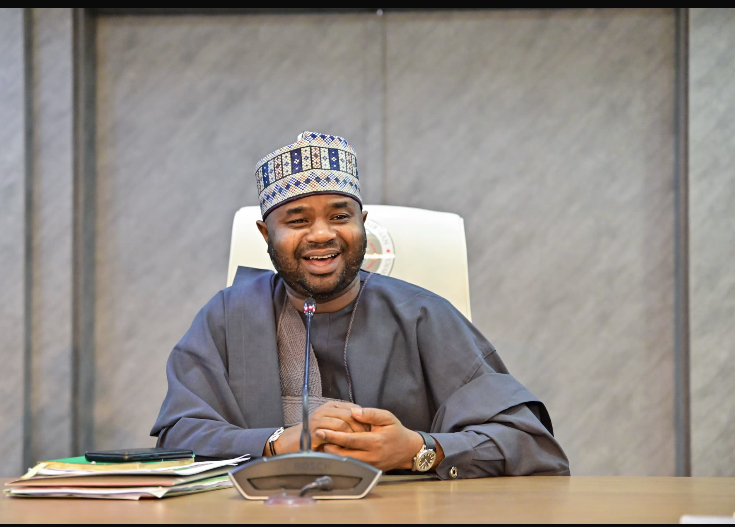There is a popular song I love that says, “He has done it finally, finally, finally…” Dr. Zacch Adedeji, Executive Chairman of the Federal Inland Revenue Service, and his team are experiencing the song’s power. On January 16, 2025, the Nigeria Governors’ Forum (NGF) issued a communique backing the Tax Reform Bills, which is nothing short of huge. This, however, did not occur overnight. It results from months of strategic conversations, debates, and commitment to changing Nigeria’s fiscal policies into a tool for national development.
The communiqué issued at the end of the meeting was more than simply a document; it was a declaration of intent, a clear vision for a modern, equitable tax system that aligns with Nigeria’s current reality. The governors and the reform committee acknowledged that Nigeria’s existing tax rules could no longer meet the country’s needs. We have all witnessed the difficulties of a system that does not properly capture the nation’s riches or ensure that resources are distributed equitably. However, this tax reform bill has given Nigerians a renewed feeling of hope.
The journey has been intense. Last year, in October 2024, President Bola Ahmed Tinubu proposed the Tax Reform Bills to the National Assembly to overhaul the country’s tax structure. These bills are the Nigeria Tax Bill, Nigeria Revenue Service (Establishment) Bill, Nigeria Tax Administration Bill, and Joint Revenue Board (Establishment) Bill The goal is to consolidate and integrate Nigeria’s tax laws to encourage consistent procedures and efficient administration, allowing for improved tax compliance in the face of current situations.
Some governors voiced their worries as the tax reforms progressed, especially with the implementation of taxation policies impacting natural resources, they were concerned that some tax policies, especially those that targeted oil and gas extraction, might cause economic inequality.
However, the Tax Boss and the Tax Reform Committee did not back down from this challenge; they initiated discussions, listened to people’s worries, and—above all—proved to Nigerians that these reforms were not a threat but rather a chance to build a better future for every region in Nigeria.
The governors have now openly backed the tax reform bills, with an emphasis on a revamped VAT distribution system that promotes justice across all regions. They also reiterated their commitment to maintaining the nation’s tax rates, exempting essential products from VAT, and focusing on long-term economic stability.
With the new formula, 50% of VAT revenue will be distributed evenly across the states, while 30% will be based on derivation, ensuring that the states that contribute the most to revenue creation receive their fair share. The remaining 20% will be allocated according to population size. This formula not only tackles the issue of fairness but also reflects our country’s variety and requirements.
None of this would have been possible without the Tax Boss’s constant effort. As I regularly say, he has demonstrated that tax reform is more than just collecting revenue; it is about ensuring that every Nigerian has access to the services they deserve and can rely on the system to work for them. It is about ensuring a good future for our healthcare, education, infrastructure, and social services.
Three “gbosa for a man wey sabi”, Dr. Zacch! A leader who has shown that no matter how tough the challenges are, with determination, anything is possible. For those of us who have been waiting for this kind of news, it feels like we’re finally about to step into something big, a whole new era for Nigeria.
By Arabinrin Aderonke is the technical assistant on Broadcast to the Executive Chairman of the Federal Inland Revenue Service.

